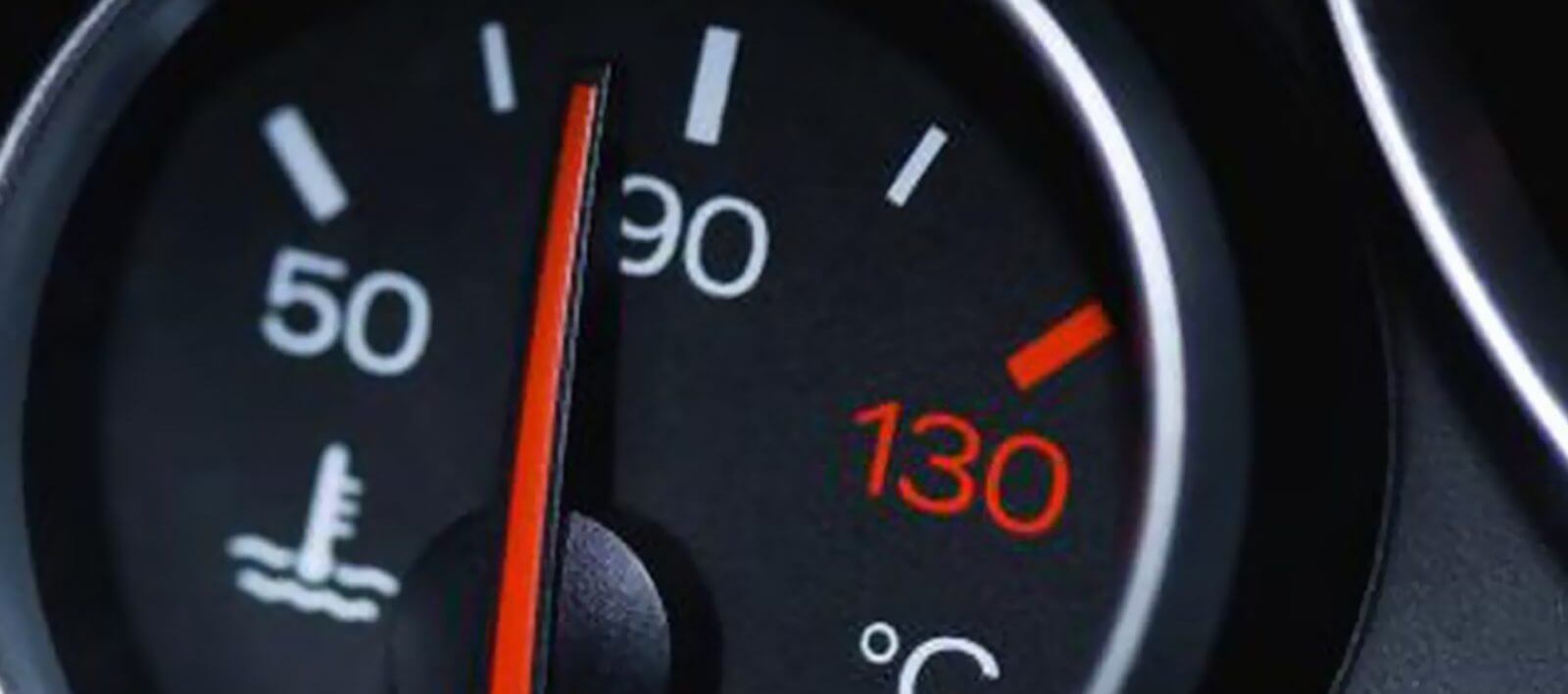What Steps To Be Taken To Avoid Overheating For Your Car?
12 July, 2023

Have you ever experienced car broken down due to overheating? You must have panicked and confused. Usually this happens during traffic congestion and hot weather. Your broken down car causing immobility in the traffic. You became extremely baffled in the middle of the traffic that you need to move your car sideway, and needing the help of others to push it to the side.
The heat of the season especially during the midday, not to mention the extreme traffic congestion may cause your car to break down. When in fact none of the two caused the car engine to overheat. Because when your car is in good condition, the hot temperature and traffic congestion will not cause your car to overheat.
The Main Causes of Overheating
-
The water circulation in the radiator does not flow smoothly
The unstable water circulation flow in the radiator may be caused by corrosion due to the water content to react with engine blocks. The dirt sticks by the surface of radiator causing the unstable water circulation.
-
Reducing fluid
One of the purpose of keeping the water condition intem check before travelling is to know whether the water volume is sufficient or not. If it’s reduced quite significantly (approximately 600 ml of bottled water or more) that indicates that there’s a leak. It may be resulted from worn-out hose, the hose joint, or the malfunctioning of the seal and spring of the radiator cap.
-
Worn-out fan motor
When the spin of the fan, that works to cool down the radiator, has gone weak then the process of cooling down also decreases. Usually this thing can be identified when you speed up and the temperature increases, but when you slow down it tends to be just fine. It may also caused by the additional fan (for those of you who use it), to find out you simply need to turn on the AC. When there is a damage then the fan will not spin or the temperature is slowly rising.
-
Octane level
The use of incorrect gas (BBM) type, usually one containing lower octane level, may cause the car to make ticking sound. If you leave it be then it would overheat.
-
Emergency solution
The indication of overheating starts off with the ticking sound in the engine. For indicators using analogue needle usually the increasing heat is shown. While with digital indicator usually the engine will turn off once it overheats.
Also read: Footing, Transmission, and Fuel
How To Prevent Overheating?
-
Check the radiator condition and any possible leak in the cooling system
The part that needs checking is the upper and lower tank, especially the ones made of plastic. Due to it being placed near the hot engine making the upper tank to be easily cracked hence causing the radiator to leak water.
-
Check the condition of the radiator cap
There’s a rubber on the radiator cap, that will start to solidify and causing the cooling water to seep out of the radiator and not through the reservoir tube.
-
Use radiator coolant
Radiator water that is not added with radiator coolant will turn yellow, which is caused by the reaction between heated water and metal. The metal solution often turns into crust and clogs the radiator duct.
-
Check the condition of the radiator hose and the clamp
The radiator hose must be replaced when the hose starts to harden and not elastic any more when pressed.
-
Check the flow/speed of the radiator fan and the cleanness of the radiator surface
Dirt in the form of dust or clogging leaves will make the work of the radiator fan not optimized in releasing the heat of the radiator. Don’t forget to check the performance of the radiator fan, whether it’s still functioning or not.
-
Check the level of oil using oil stick
The function of the engine oil is to cool down the engine besides lubricating the engines rubbing against each other. Make sure the condition of engine oil is good enough.
-
Cehck the condition of v-belt that spins the water pump
When the v-belt starts to show some cracks, be sure to replace it. Such a condition is prone to snap.
Also read: 5 Cars Smells You Shouldn’t Ignore
When your car is broken down due to overheating, try to relax and not panic. What you must remember is to avoid turning on the engine. Usually, when you think it’s cool enough you will start to turning it back on. It’s better for you to keep it off, because when the temperature starts to cool off, the expansion may start to reduce as well. But, the components will not return to its original shape. The rubbing between the metals will continue. That’s what will cause worse damage.
The cost of service will surely grow more expensive. If need be, use towing car to take your car to the nearest garage to get the proper maintenance.



